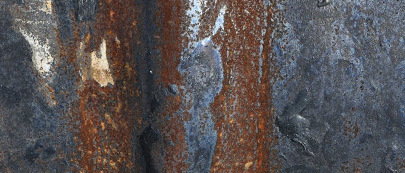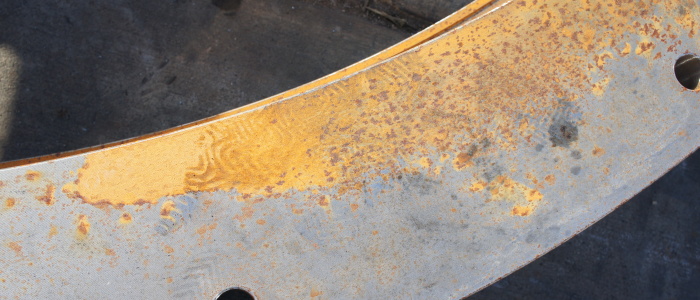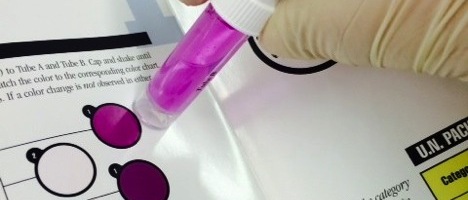Our engineers, analysts, and other staff provide corrosion testing and consulting for all types of parts, equipment, and environmental conditions. We have experience in performing corrosion tests according to ATSM, NACE, DOT, EPA and other guidelines, along with the expertise required to develop custom corrosion testing procedures to match your specific conditions and requirements.
Other types of tests performed at G2MT Labs:
- DOT – UN – OEC Packing group determination by metal and skin corrosion testing (Corrositex)
- ASTM A262
- practice A (oxalic acid test)
- practice B (ferric sulfite – sulfuric acid test – 120 h)
- practice C (nitric acid test – 240 h)
- practice D (nitric – hydrofluoric acid test – 4 h)
- practice E (copper – copper sulfite – sulfuric acid test – 24 h)
- ASTM A923 testing – Detecting intermetallic phases in duplex steels
- ASTM A923C (ferric chloride solution 22-50ºC – 24h)
- ASTM B577 Testing for hydrogen embrittlement in copper
- ASTM G28A:
- 24 hours ferric sulfate – sulfuric acid boiling solution test (Hastelloy C, C276, Inc. 600)
- 120 hours ferric sulfate – sulfuric acid boiling solution test (other Ni-alloys)
- ASTM G31 Immersion Corrosion Testing
- ASTM G48A (ferric chloride solution 22-50ºC – 24h)
- Single-phase flow loop immersion corrosion testing for samples in oil, mild acids, water, and other liquids at temperatures up to 200 Degrees F
The G2MT Labs corrosion testing laboratory serves the Houston area and beyond with rapid service, customized testing capabilities, in-depth reporting, and high-quality assessment. Our lab capabilities include testing for stress corrosion cracking, pitting corrosion, crevice corrosion, intergranular corrosion, and other localized corrosion, as well as weight loss. In addition to typical tests like ASTM G31, G48A, G28A, and A923C, G2MT also provides a variety of customized corrosion tests for high-temperature, highly corrosive, and/or flowing liquid solutions.
Contact us today to discuss how we can help you!
Our work on improvements on existing corrosion testing practices:
Materials in industrial applications are always being pushed to the limits of their capabilities, and often beyond. To determine how long materials can last in the challenging conditions they will encounter in the field, many materials are used in corrosion tests according to industry guidelines or government standards that were often developed decades ago. The reality is that many of the current corrosion testing practices are less than optimal for simulating the actual field conditions. For example, a corrosion test analysis based solely on weight loss will ignore the potential effects of pitting, crevice corrosion, galvanic corrosion, and other localized forms of corrosion. The corrosion testing scientists at G2MT will work with you to ensure that these effects are accounted for in your testing if desired.
The Cost of Corrosion (over $1 trillion annually in the US): The unfortunate reality is that use of outdated corrosion tests may results in problems and contribute to the many premature failures and shutdowns that lead to over one trillion dollar annual cost of corrosion in the U.S. in 2014 . To combat this challenge, G2MT is developing next-generation technologies to prevent corrosion before serious damage occurs.
G2MT Labs is at the frontier of corrosion test development by producing new testing practices and guidelines that will more accurately assess likely field conditions.




